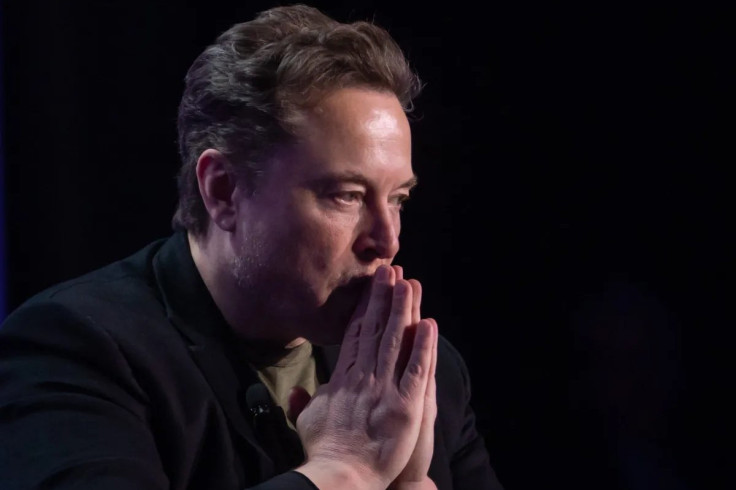
A federal judge in California on Wednesday dismissed a lawsuit alleging that X, formerly known as Twitter, discriminated against employees with disabilities after Elon Musk's takeover.
The lawsuit claimed that Musk's mandate for in-person work, implemented after he acquired the company, disproportionately affected employees with disabilities who relied on remote work arrangements.
US District Judge Araceli Martinez-Olguin in San Francisco ruled that Dmitry Borodaenko, the plaintiff in a 2022 proposed class-action lawsuit against X, had not provided sufficient evidence to demonstrate how Musk's mandate for in-office work discriminated explicitly against employees with disabilities.
X Faces Disability Discrimination Claims
The judge granted Borodaenko four weeks to submit a revised complaint with more specific allegations. Borodaenko, a former engineering manager and cancer survivor, alleges that he was terminated shortly after Musk acquired X due to his refusal to comply with the company's mandatory return-to-office policy during the COVID-19 pandemic.
The lawsuit asserts that X violated federal law by failing to provide reasonable accommodations for employees with disabilities. Musk announced in a memo to X's employees in November 2022 that they should expect to work "long hours at high intensity" or consider leaving the company. He later tweeted that remote work was "morally wrong."
According to an earlier report, Gary Rooney, a former Twitter employee, received a settlement of 550,000 euros, or approximately $600,000, after being fired for refusing to adhere to Musk's "extremely hardcore" work culture. In contrast, Borodaenko was less fortunate.
"Borodaenko's theory improperly relies on the assumption that all employees with disabilities necessarily required remote work as a reasonable accommodation," Martinez-Olguin wrote. The lawsuit is one of several filed by former Twitter employees in the months following Musk's acquisition of the company and subsequent layoffs of approximately 75 percent of its workforce.
In March, former top executives sued Musk, alleging that he had failed to pay them nearly $130 million after taking over the social media company and dismissing them. Other lawsuits allege that Twitter could not provide employees and contractors with adequate notice of layoffs and disproportionately targeted women and older workers for job cuts.
The social media giant has denied these allegations. Several of these cases have been dismissed, leading to appeals from the plaintiffs that are currently pending. In addition to these employment-related lawsuits, X has faced legal challenges over its corporate structure.
X's Ownership Structure Revealed
A judge recently ordered the company to disclose its complete ownership structure, which was subsequently revealed in a court filing obtained by The Washington Post. The disclosed ownership structure features several prominent Silicon Valley venture capitalists, entrepreneurs, and a fund associated with hip-hop mogul Sean "Diddy" Combs.
The filing identifies nearly 100 entities with a stake in X, although many appear to be affiliated with the same firm or individual. Notable investors include Andreessen Horowitz, Saudi Prince Alwaleed bin Talal al Saud, Twitter founder and former CEO Jack Dorsey, and 8VC, a venture capital firm co-founded by Joe Lonsdale, a co-founder of Palantir.
The filing also includes lesser-known shareholders such as UnipolSai S.P.A., an Italian financial services company based in Bologna. While many of the more prominent investors had been previously reported, X had yet to disclose its full stakeholder list publicly.







